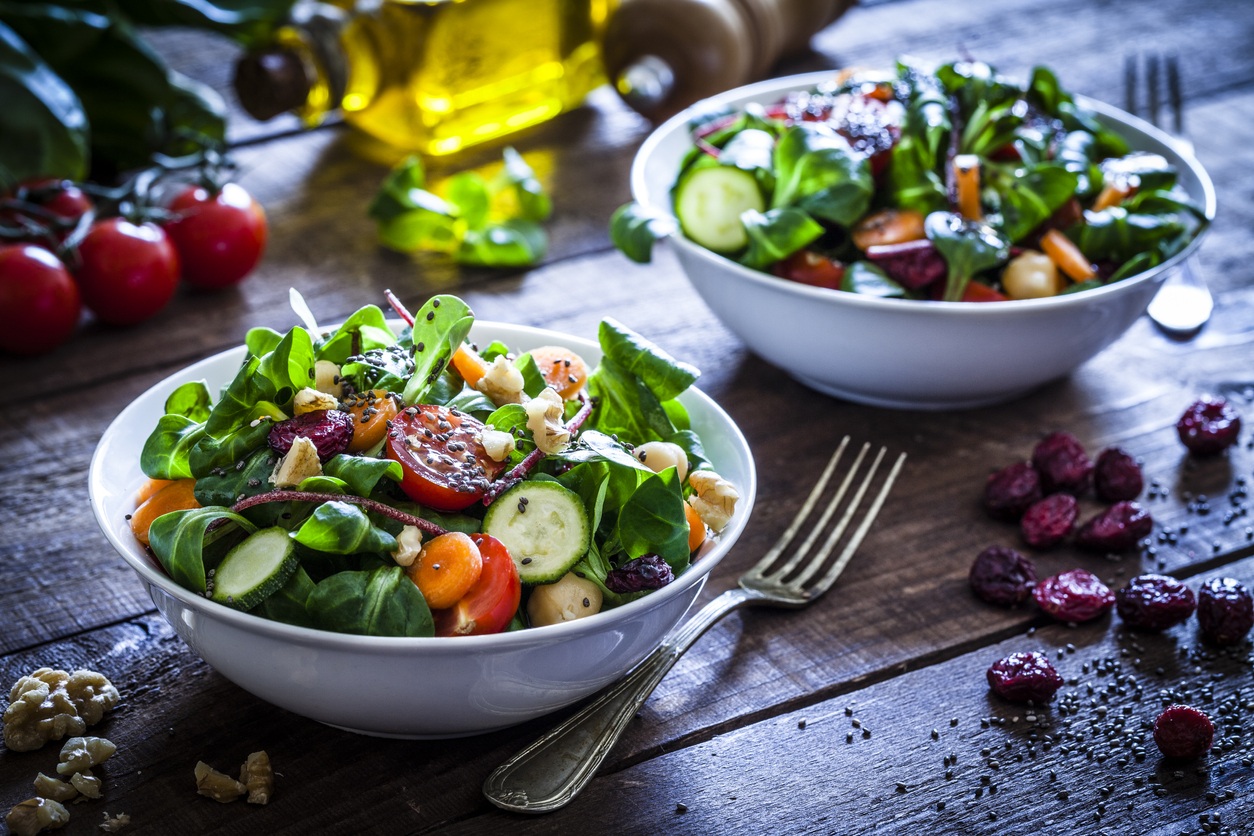What Should I Eat During IVF?

Enhancing fertility by eating a healthy diet might sound like a very basic strategy. However, many people don’t really understand how important good nutrition is during the in vitro fertilization (IVF) process or other fertility treatments such as ovulation induction and intrauterine insemination (IUI). Here are the basics on how to eat during IVF, courtesy of New York Reproductive Wellness. Eating for Stress Relief The anxiety around conception, fertility evaluation and fertility treatment has a negative impact to your overall health. For example, high stress levels can result in sugar and salt cravings. Increased cortisol levels – cortisol isn’t called the stress hormone for nothing – are what drive those cravings. Many people use caffeine for extra energy, especially if they aren’t sleeping well. It’s also more difficult to cook and eat properly if you are trying to fit IVF treatment into your work schedule. Eating correctly, however, ensures you have all the right nutrients, helps you manage your stress and promotes healthy sleep. Diet, Health and IVF There is no one-size-fits-all diet. However, there are some basic precepts. Some are traditional recommendations from ancient practices like Chinese or Ayurvedic medicine, while others are based on recent research. Among the basics:
- Avoid sugar and refined foods – both increase inflammation in the body, which is not healthy. Sugar also depresses the immune system.
- Limit or eliminate caffeine. While coffee can have some health benefits, too much caffeine in any form impairs the ability to sleep well. Sleep deprivation has all sorts of negative health outcomes.
- Eat enough fat. Fatty acids are vital for proper nervous system function and hormone production, which is critical for enhancing fertility. Healthy fats include avocados, wild fish, olive oil, coconut oil, nuts and seeds. Avoid trans fats.
- If you are vegetarian, pay close attention to your iron and protein intake. The iron from plants – called non-heme iron – is not as easy for the body to absorb as that from animal foods. If you are vegetarian, you may need iron supplements. Protein is critical for your own body’s needs and for that of the developing embryo.
Other Suggestions Some physicians recommend that your diet should be based on your blood type. Those with blood type O, for example, should eat protein but limit grains and legumes. Type A should limit red meat but can eat whole grains. Traditional Chinese Medicine (TCM) recommends you avoid cold foods when trying to conceive – such as during ovulation induction. Eating healthy foods that you enjoy is another TCM recommendation. Eat adequate protein and include lots of colorful fruits and vegetables. Finally, stay hydrated by drinking plenty of water. Ideally, you will always eat a healthy diet, but the preconception period is vitally important. At New York Reproductive Wellness, we use natural methods whenever possible. We also try to combine treatments like IVF or IUI with strategies such as improving the diet for better conception success. Please contact us at (516) 757-7673 to learn more about the wide range of fertility treatments we offer for both men and women.







